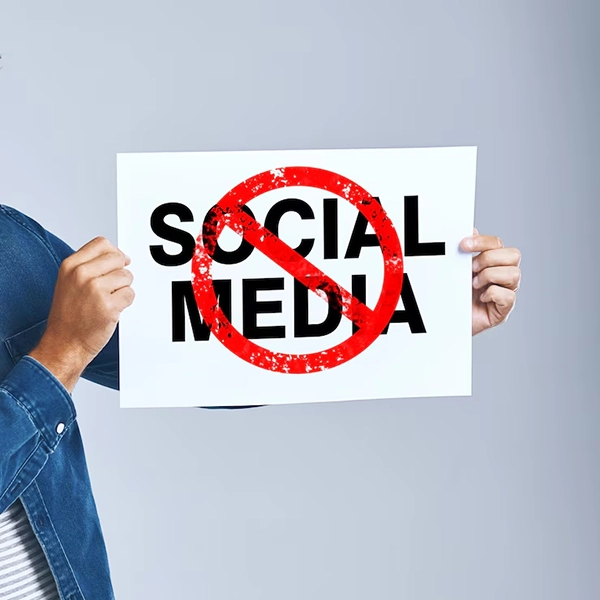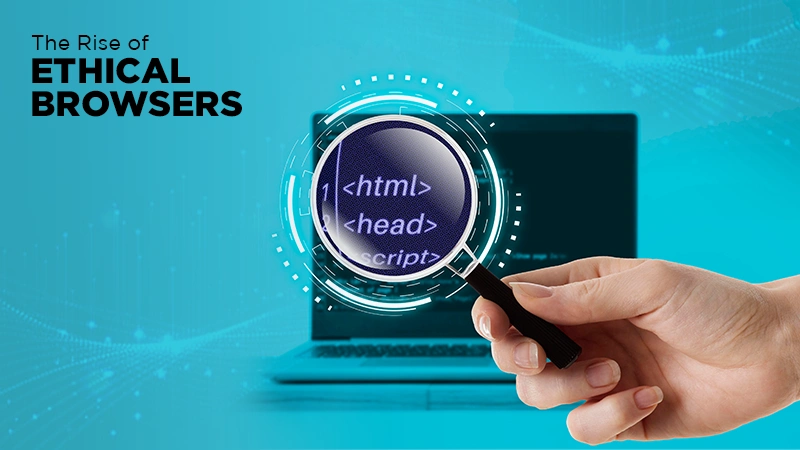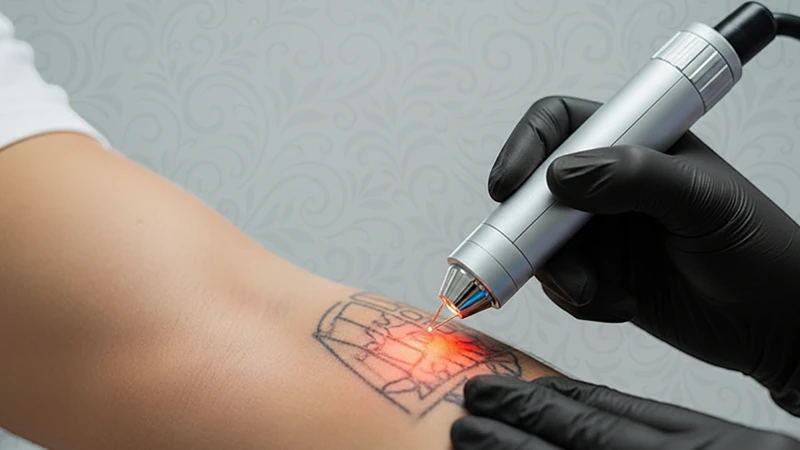
After a car accident injury, the urge to share your experience online can be powerful, but legal experts strongly advise against it. Insurance companies and opposing attorneys may utilize social media posts, even if they appear innocuous, to cast doubt on your reliability and weaken your case. What you share online may be misconstrued or taken out of context, putting your right to fair compensation at serious risk.
1. Social Media Posts Can Undermine Your Injury Claims
Speak to a car accident lawyer today if you’re considering filing a personal injury claim. When you make such a claim, you are stating that the accident caused serious harm to your physical, emotional, or financial well-being. It’s important to know that insurance companies and defense attorneys often monitor social media platforms like Facebook, Instagram, and Twitter to find evidence that could undermine your case.
Even occasional photos or videos of you hiking, dancing, or working out can be used to argue that your injuries aren’t as severe as you claim. Similarly, posts showing you smiling or attending social events might be misinterpreted as signs that you’re not experiencing emotional distress or pain. A knowledgeable auto accident attorney can advise you on how to safeguard your rights and steer clear of potential pitfalls that could undermine your case.
2. Privacy Is an Illusion: Your Posts Are Accessible and Can Be Used Against You
Many accident victims mistakenly believe their social media posts are private or temporary. In reality, insurance adjusters and defense lawyers are skilled at accessing public and sometimes even private content. They may also request court orders to obtain your social media data during discovery. Even posts that have been removed can be recovered and used in court. This means any information you share online, such as photos, comments, or updates, can be scrutinized and potentially harm your case. Friends or family members tagging you in posts or sharing images can inadvertently provide damaging evidence to the opposing side.
3. Sharing Details About Your Accident or Legal Proceedings Can Backfire
Posting about the accident, blaming others, or discussing the status of your claim online is risky. Such statements can be taken out of context and used to undermine your credibility or suggest you are exaggerating your injuries. Expressing anger or frustration publicly might also be interpreted as an admission of fault or diminish your claim’s value. Legal experts strongly advise refraining from discussing any aspect of your case on social media until it is fully resolved.
4. Social Media Content Influences Judges, Juries, and Insurance Adjusters
In personal injury cases, perception matters. The way judges, juries, and insurance companies perceive your injuries and lifestyle can be influenced by your social media presence. Even innocent posts can reinforce biases or create doubt about your condition. Defense attorneys often use social media content to paint a narrative that favors their clients, sometimes regardless of the truth. They may argue that your online behavior contradicts your testimony, which can sway the outcome of your case.
In Conclusion
After a car accident, it is crucial to protect your legal rights by avoiding social media altogether. The temptation to share your story or update loved ones is understandable, but the risks far outweigh the benefits. Social media is a weapon that insurance companies and defense attorneys are always employing to refute allegations. To safeguard your injury case, refrain from posting any information, photos, or comments related to your accident, injuries, or legal proceedings. Instead, communicate privately with trusted individuals and consult your attorney for guidance. Your digital silence can be a powerful ally in securing the compensation you deserve.








